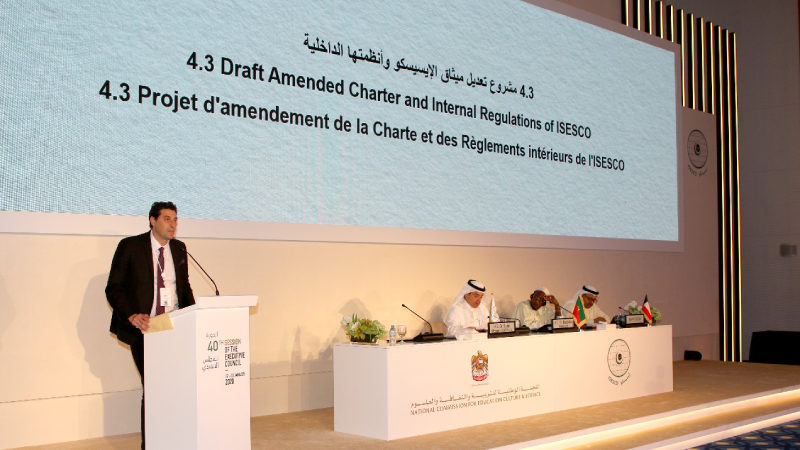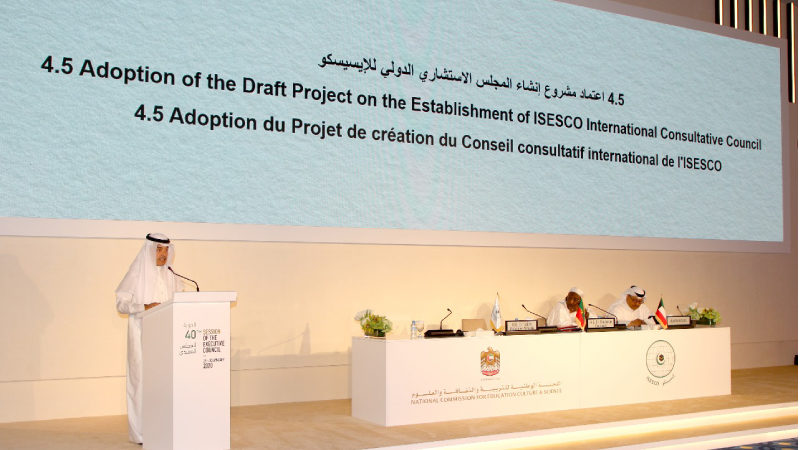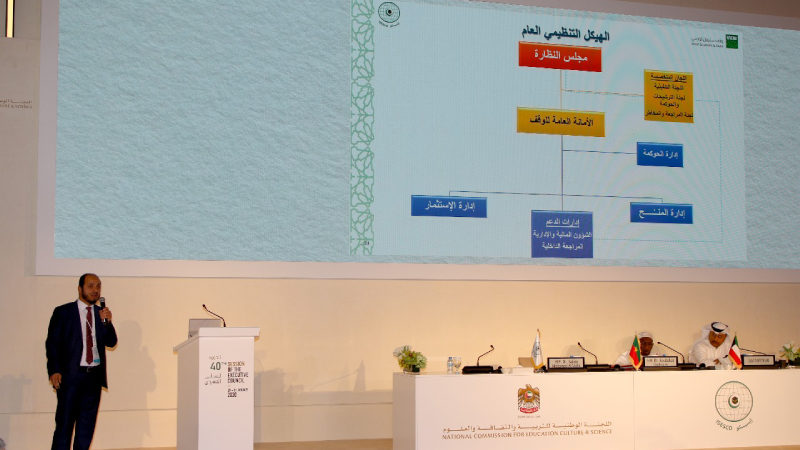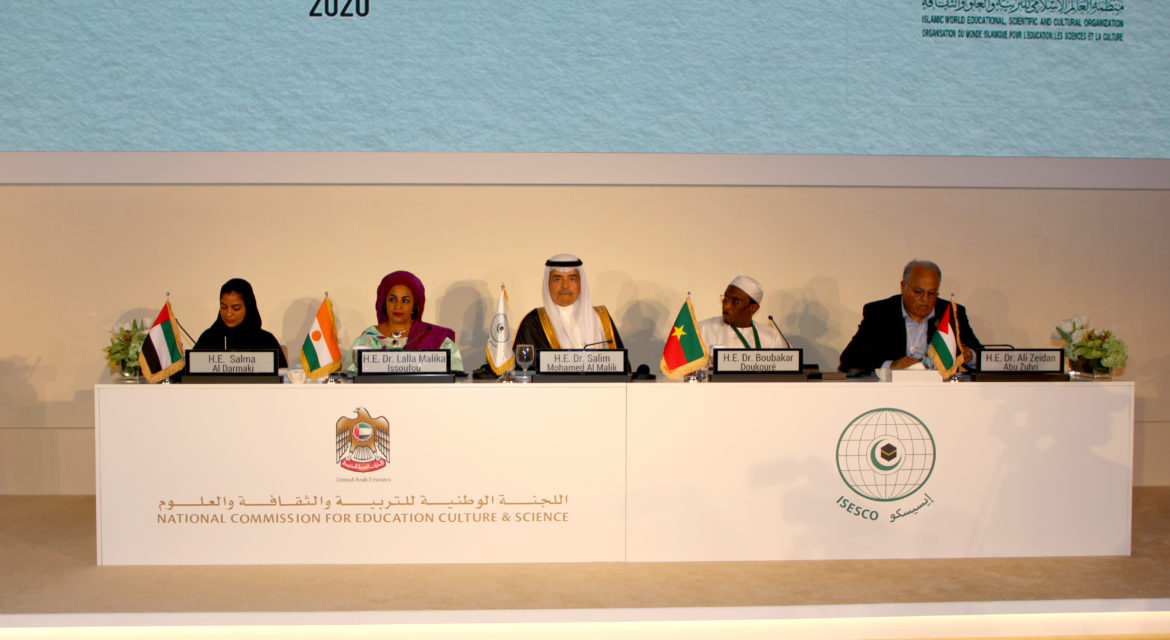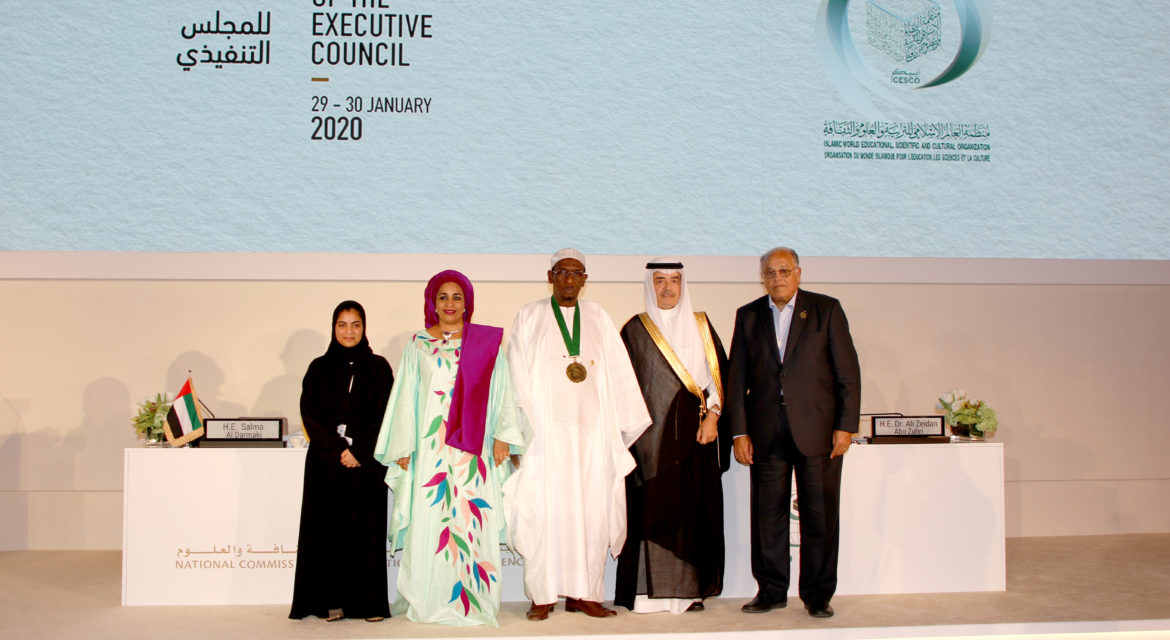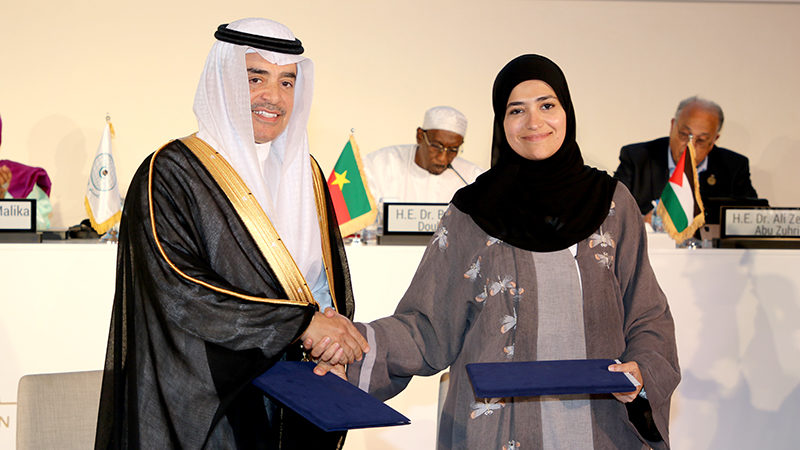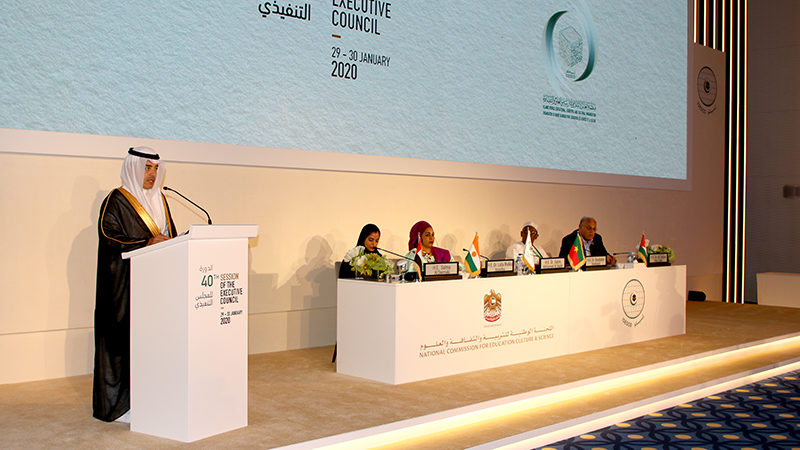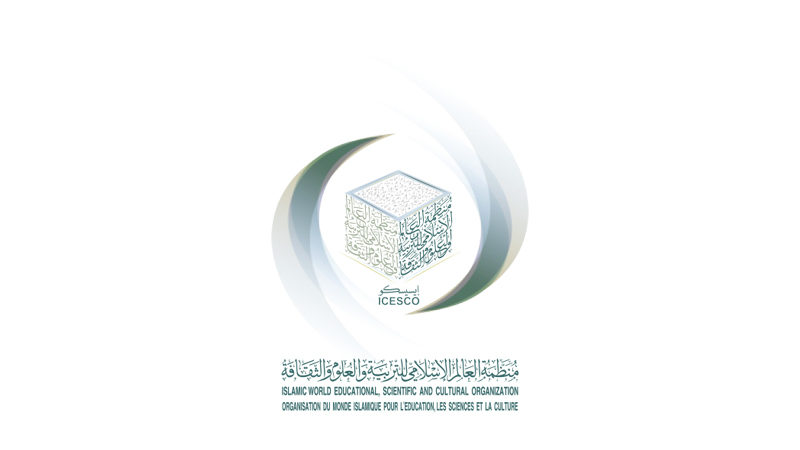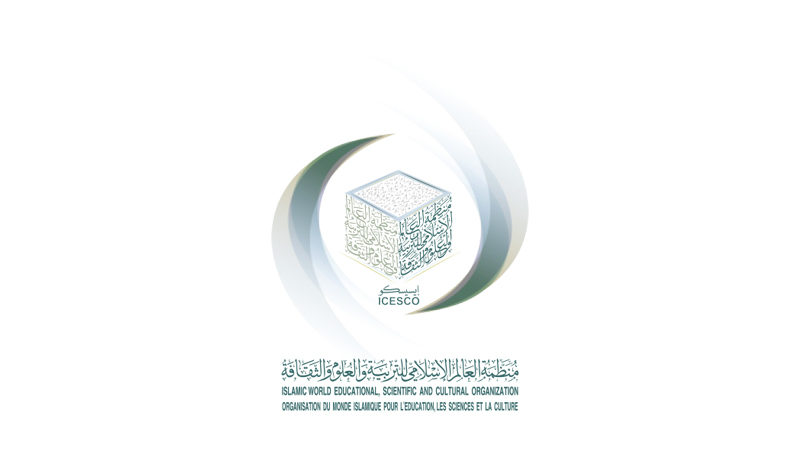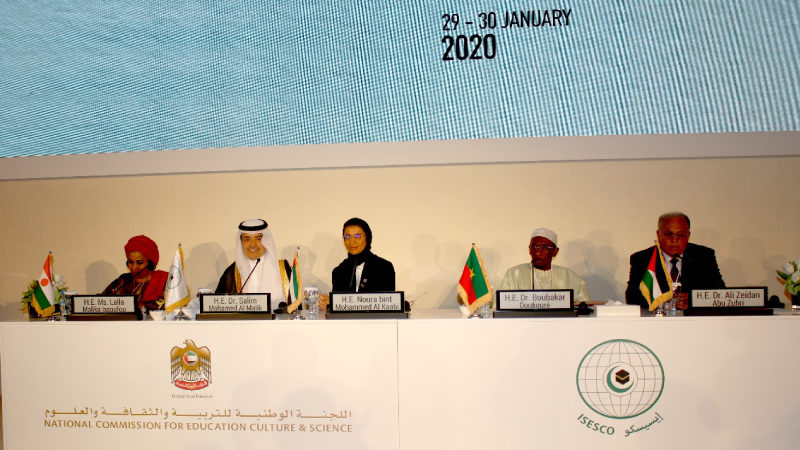The 40th Executive Council of the Islamic World Educational, Scientific and Cultural Organization (ICESCO), being held in Abu Dhabi, State of the United Arab Emirates, which enjoys the powers of ICESCO General Conference, adopted the amendment to the Organization’s Charter and Internal Regulations, submitted by ICESCO General Directorate so as to keep up with the Organizations new vision and future action plan that promote the position of ICESCO in the Islamic and international arenas.
The General Directorate reaffirmed in the presentation, delivered by Dr. Mohammed Hadi Sehli, Legal Advisor to the Director General, before the Executive Council, that these amendments aim to:
- Ensure accuracy and clarity in the legal texts and avoiding any ambiguity therein so as to observe the principle of legal safety;
- Upgrade the Organization to join the rankings of renowned organizations in terms of the quality of legislations with a view to recruiting the best competencies;
- Create an atmosphere of safety and trust between ICESCO and its partners at the internal and external levels;
- Anchor the principle of geographical balance and de facto and full gender equality inside the Organization.
He also highlighted that the General Directorate has adopted a participatory approach in adopting these amendments by offering the chance to the staff members to discuss these proposals and put forwards their opinions and perspectives in this regard.
He also stated that the main amendments to the Charters and Internal Regulations of the General Conference and Executive Council as well as the Financial regulations are as follows:
- Clearly and meticulously redrafting the objectives, tasks and measures of the Organization without affecting their substance;
- Adopting ICESCO’s action plan and budget for (4) years instead of (3) years, and arranging the legal effects of this measure by increasing the Director General’s term of office and the Financial Control Committee’s term to four years;
- Extending the powers of ICESCO’s General Conference and Executive Council by conferring upon them the powers to ratify the memorandums and agreements prepared by the General Directorate in its fields of competence;
- Proposing a new mechanism for the selection of ICESCO’s Assistant Director General while observing the equal geographical distribution in nomination for these senior positions.
- Proposing a new financing sources for the Development Waqf.
As for the Personnel Regulations and the Internal Regulations of the Medical Insurance Fund and the End-of-Service Allowance Fund, the amendments thereto are as follows:
- Developing the mechanisms and conditions of recruitment in the Organization in such a way as to ensure the better attraction of the best competencies while ensuring deliberation on the positions by removing the open-end contracts;
- Promoting the rights of staff through the amendment to the scale of salaries and family allowances so as to entrench social peace within the Organization taking into account the cost of living and price index in the Seat Country as well as the financial balances of ICESCO.
Amendments have also been introduced to the Leave Regulation, including the increase of the maternity leave from two months to 10 weeks; the Medical Insurance Fund, by promoting the social and medical security coverage for ICESCO’s staff and their families; as well as the End-of-Service Allowance Fund, whose rates of contributions have been revised in addition to the calculation of the allowance with a view to preserve the general balances of the Fund and observe the acquired rights of staff.
Moreover, as for the Observer Status Regulations, the Directorate General decided to allow any non-Member State to enjoy the right of Observer in accordance with the criteria and condition set forth.

